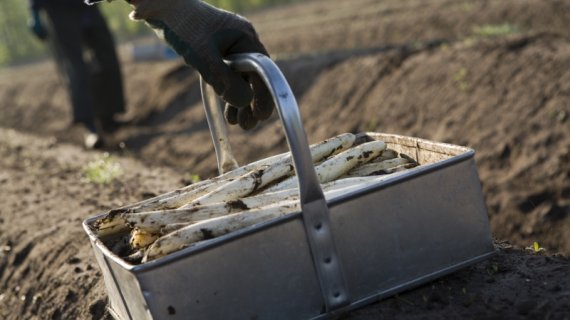Many farmers in Limburg go bankrupt or stop.
Berkhout: ‘The figures of the Rabobank mean a decrease of 5 percent of the number of businesses a year. This is higher than the long-term average of 3 percent decrease a year in the Netherlands since 1950. The reason for this is most likely related to the fact that many greenhouse growers and pig farmers are located in central Limburg. These are the sectors which have problems, which causes relative many companies to fall over.’
How did that happen?
‘These are companies that have grown strongly in the past years, often with money from the Rabobank. They have little ground and lots of financial capital, whereby they have to pay a lot of interest and redemption. The margins are low. When the vegetable and meat prizes are also low, they have a large problem. There is overcapacity in the greenhouse growers and pig farmers, so many companies stop. This analysis can also be found in the agricultural economic report of LEI.
Is it possible to reverse this decline?
‘I do not think so. A solution could be that the farmers and gardeners make agreements in the market chain, through which they can receive more money for their vegetables or meat. There are already other chains for organic and regional products with other revenue models. Those are really important, because they cause the common agriculture and horticulture sector to think, but this model only gives perspective for a small section of the farmers. Because there are only few consumers that want to pay extra for organic food. Moreover, the upscaling will continue because it has its benefits. Although I do believe that the upscaling will be less quick compared to previous years, because the banks have become more cautious with financing.’
Is Limburg normative for the Netherlands?
‘No, the figures of Limburg will most likely also apply for Brabant, but in provinces with a lot of dairy farms and fields the number of businesses is decreasing less rapidly. The ground based agriculture has more equity and can withstand shocks better.’

